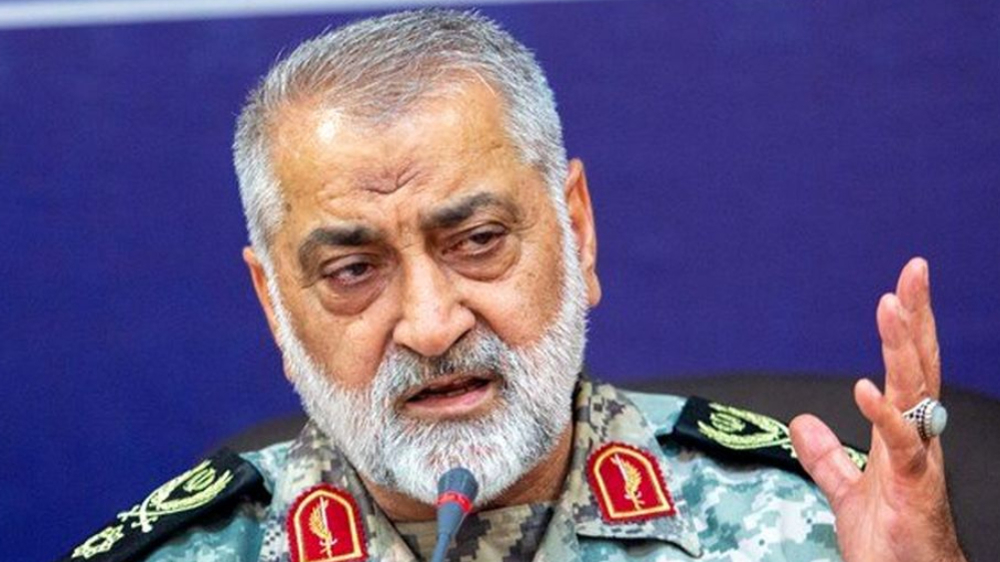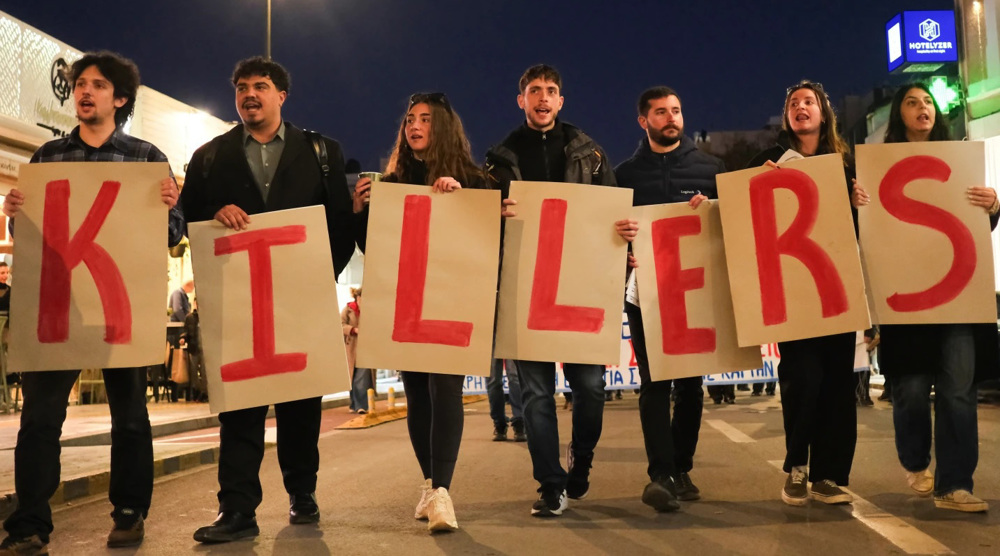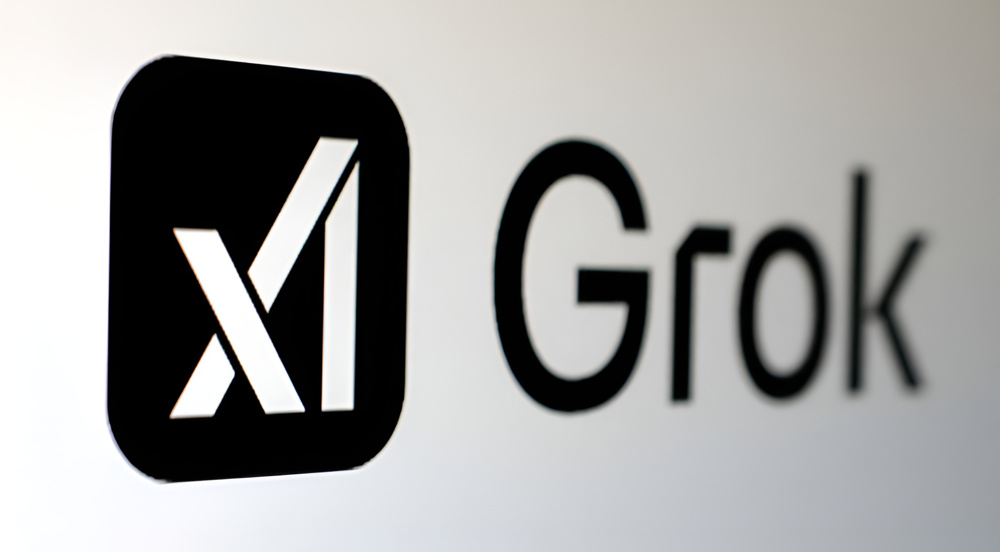North Korea continues to develop nukes, missiles, US commander claims
A top US military commander has claimed that North Korea continues to develop nuclear weapons and ballistic missiles even though it has stopped testing them.
Speaking at a security forum in Colorado, Admiral Phil Davidson called North Korea the "most immediate threat," and said there is “no doubt” that Pyongyang is still developing nuclear weapons and long-range ballistic missiles.
The commander of the US Indo-Pacific Command also pointed to the short-range missile launch North Korea carried out in May, denouncing the move not as a provocation but a test.
Elsewhere in his speech, Davidson supported diplomatic negotiations between Washington and Pyongyang over the denuclearization of the Korean Peninsula and underscored the need for US military presence in the region.
There are close to 30,000 US troops stationed in South Korea, and their annual drills with thousands of South Korean soldiers have always infuriated the North.
The commander said the US launches major exercises on the Peninsula twice a year, in February and August, and that the upcoming exercise will be executed next month.
North Korea has strongly denounced joint military exercises between South Korea and the US, saying the drills pose an "all-out challenge" to efforts towards peace on the Korean peninsula.
The North put a halt on its missile launches and nuclear tests, shortly before a diplomatic thaw began between Pyongyang and Seoul and led to the first ever summit between North Korean leader Kim Jong-un and US President Donald Trump in Singapore in June last year.
The halt was among many other steps that Pyongyang has taken to move forward in denuclearization negotiations with the US, but the talks have made little progress, mainly because Washington refuses to lift its harsh sanctions on North Korea.
In February, Trump and Kim met for a second time at a summit in Vietnam’s capital, Hanoi, but the meeting broke up without an agreement or even a joint statement as the two sides failed to reach a consensus.
Trump walked away from the summit, claiming that Kim had insisted on the removal of all sanctions on North Korea. Pyongyang rejected that account, stressing that it had only asked for a partial lifting of the bans.
Ahead of the Hanoi summit, Trump had said he was “not in a rush” and that “as long as there's no testing, we're happy.”
The North had repeatedly warned that it was considering ending talks on denuclearization and resuming its nuclear and missile tests over what it described as “the gangster-like stand" of the US.
A recent exchange of affable messages between the leaders of the two countries and their meeting at the Demilitarized Zone (DMZ) separating the two Koreas have again raised hopes for the revival of talks.
Operational concerns delayed US-Israeli aggression against Iran for a week: Report
Iran slams Israeli attacks on Lebanon, warn UNSC’s inaction to embolden regime
Iran says has ‘no choice’ but to fight back, holds no enmity toward American people
Bahraini police assaults crowds mourning loss of Ayatollah Khamenei
Iran posed no imminent threat to US: Pentagon tells Congress
Iran will hold no negotiations with US: Larijani
Despite Leader's martyrdom, Islamic Republic firmly in control and punishing the enemy
At least 31 killed in Israeli aggression on southern Lebanon after Hezbollah strikes













 This makes it easy to access the Press TV website
This makes it easy to access the Press TV website